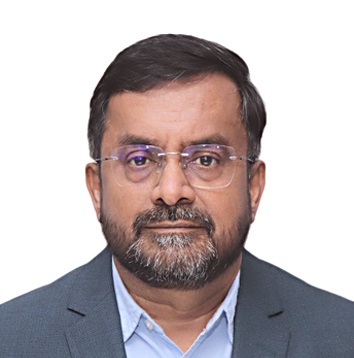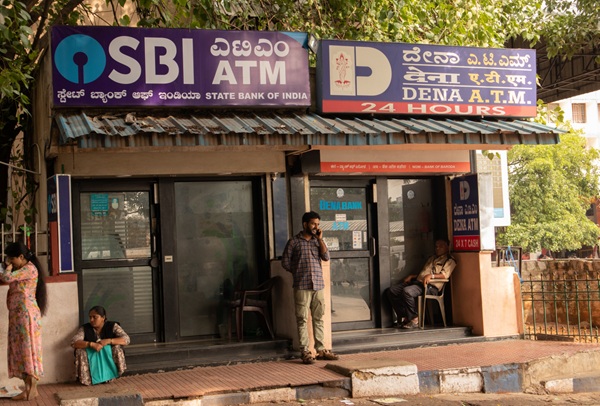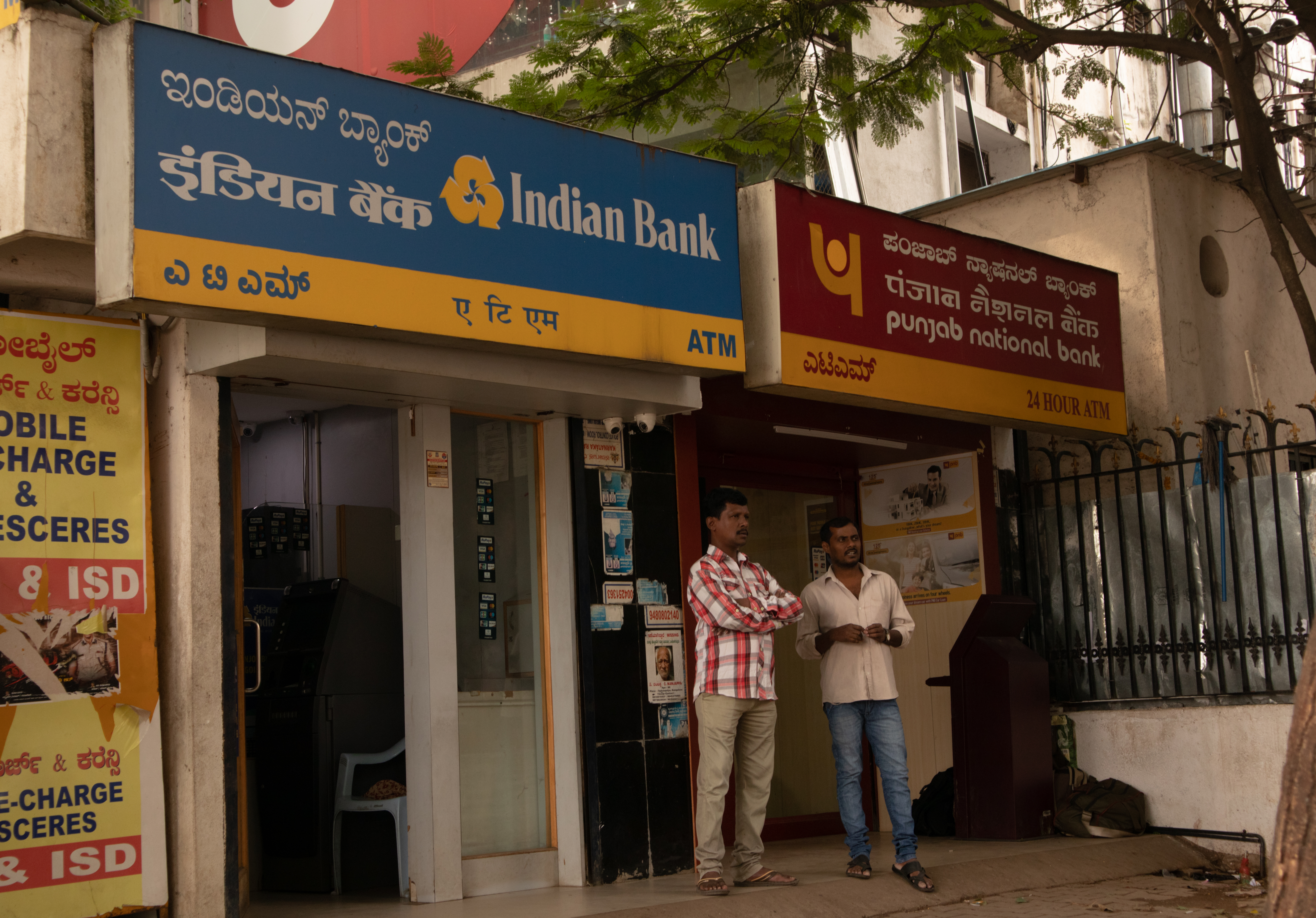.png)

By Krishnadevan V
Krishnadevan is Consulting Editor at BasisPoint Insight. He has worked in the equity markets, and been a journalist at ET, AFX News, Reuters TV and Cogencis.
September 18, 2025 at 5:54 AM IST
The Indian government's plan to create two globally competitive banks, ranking among the world’s top 20 by assets as part of its Viksit Bharat 2047, is an idea whose time may have come. The proposal was discussed at a meeting of finance ministry officials and top executives of State Bank of India and Punjab National Bank, the two largest public sector banks.
Now, consider the time when Tata Steel acquired Corus for $12 billion, or Bharti Airtel bought Zain Africa for $10.7 billion. Which Indian public sector bank was involved in leading these marquee deals? Or, say, when Mukesh Ambani's Reliance Industries group raised $2.5 billion recently. None. Indian PSU banks dominate infrastructure syndication and project financing — SBI leads most major infrastructure deals, and PSU banks collectively handle over 60% of India's project finance market. Yet, in cross-border acquisitions, they remain spectators while global banks pocket the advisory fees and capture the premium relationships.
This exposes a fundamental flaw in India's banking ambitions. The government's obsession with creating “globally competitive” banks through consolidation misses a crucial element that separates world-class institutions from transactional lenders. Public sector banks dominate domestic lending and lead syndication for major projects, but operate more as capable financiers than true deal-makers. They finance transactions effectively but rarely originate them, leaving high-value and relationship-driven advisory business to foreign competitors.
Investment banking transforms client relationships from basic lending into strategic partnerships that generate multiple revenue streams. A company borrowing ₹10 billion might pay 8-10% interest annually, generating predictable margins. The same client acquiring another company through that bank's advisory services might pay 1-3% of the deal value upfront.
More importantly, the investment banker handling that deal becomes the first call for subsequent acquisition financing, treasury management, foreign exchange hedging, and restructuring.
Yet a preference puzzle persists. Why do Indian corporates choose Goldman Sachs over SBI Capital? Is it capability, or the signalling value of using a global name? When Tata Steel acquired Corus, its use of Deutsche Bank and ABN Amro sent credibility signals to international stakeholders that no Indian bank could match. This creates a reputation trap: PSU banks cannot build marquee credentials without marquee mandates, yet cannot win marquee mandates without established credentials.
For perspective, investment banking contributed over 14% of net revenue for Goldman Sachs in 2024, compared to an estimated 7% at ICICI Bank, India's most internationally oriented private bank. PSU banks face limitations from both structural constraints and cultural choices. RBI's universal banking guidelines and SEBI's conflict-of-interest norms impose genuine operational boundaries. Capital adequacy requirements limit risk appetite for contingent advisory commitments.
Investment banking demands nimble, entrepreneurial decision-making, while PSU boards approve transactions through committees. Top talent expects telephone-digit packages and performance-linked compensation. PSU bank salary structures remain capped at bureaucratic levels that cannot attract top talent from global competitors.
Most critically, investment banking advice must be purely commercial and objective, while PSU banks face constant political pressure to serve “national priorities,” often at odds with client interests.
Investment banking is a key lever that amplifies corporate banking opportunities, not a side business generating occasional fees. Business intelligence gathered through advisory creates a sticky, high-margin ecosystem that basic lending cannot match. Yet Indian banks have repeatedly missed this opportunity.
During the telecom sector's massive consolidation wave, with deals like the Vodafone-Idea merger and Jio's market disruption, global banks advised the key players, while Indian PSU banks merely provided debt financing. Nine foreign banks were advisors to the Vodafone-Idea merger and received premium advisory fees and relationship benefits.
Still, the opportunity remains substantial and strategically accessible. Indian companies are raising capacity under various government initiatives and expanding globally, requiring sophisticated cross-border advisory support. As more domestic opportunities unfold, PSU banks must look at alliances, joint ventures or tie-ups with global heavyweights to participate in the process. Leveraging their dominance in infrastructure financing, they should position themselves to win related advisory mandates.
DBS Bank became a formidable investment banking player across Southeast Asia, but Singapore's concentrated economy and unified regulatory approach differ markedly from India's fragmented corporate ecosystem spanning 28 states with varying industrial policies. China Construction Bank leveraged government backing strategically, but operated within distinct competitive dynamics and capital market structures. The fundamental principle holds: government backing can accelerate rather than constrain investment banking ambitions, if deployed strategically.
The Indian government's reform blueprint demands tactical precision. PSU banks need true operational independence for their investment banking arms, competitive compensation structures, and faster decision-making processes. The government's consolidation strategy might create larger institutions, but without investment banking muscle, they will remain peripheral players in the global arena.




